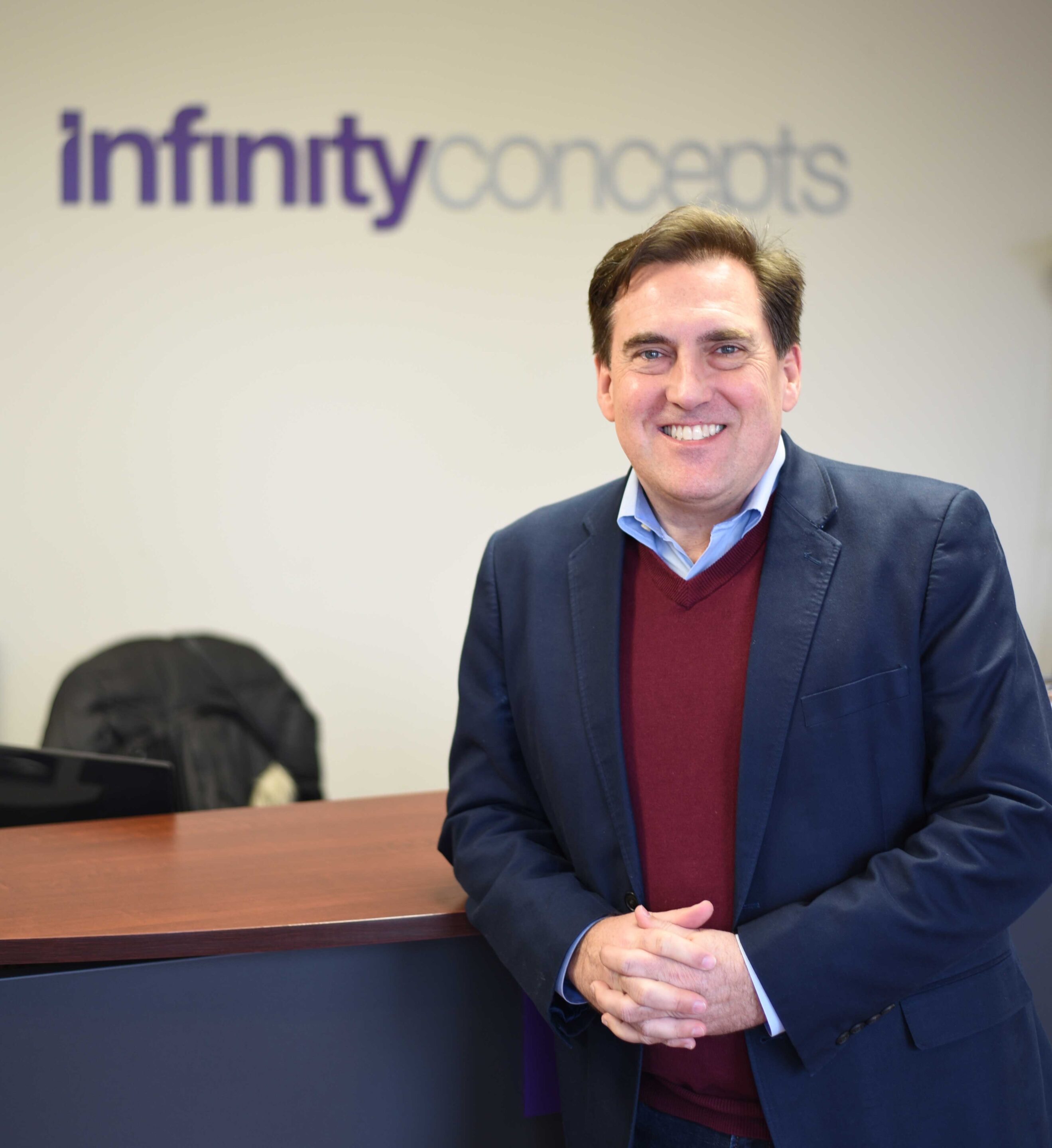Most people have heard something about the changes Facebook has been making for the past few months, and many have tasted them first hand. The old rules and the old era are fading away and organic reach is becoming a thing of the past. There has been a lot of confusion and complaining around the subject, but the most important thing is learning how to adapt and succeed.
What Happened – In a Nut Shell
When a page used to share a post on Facebook, a lot of that page’s followers saw the post. If people liked, shared, or commented on the post, then the reach increased greatly. It was effectively low cost advertising for brands and pages.
As more pages sprang up and more posts began flooding Facebook, people’s news feeds began to get more and more cluttered. Facebook decided that it was in its user’s best interest to limit the reach that page posts had so that fewer and fewer brand posts made it into people’s news feed. This also created a situation where pages now had to pay money to boost the reach of their posts in order to reach the same number of people.
Facebook has been turning back the dial on the organic reach of page posts ever since. They have also devalued the impact that comments, likes, and shares have on boosting post reach.
What Does It All Mean?
Cottage industries that sprang up around the free reach that Facebook provided are falling hard. Many new pages with inexperienced content developers and low audience engagement are all but disappearing from news feeds. And even established brands with high loyalty and high user engagement are taking big hits in their reach. The impact is felt across the board.
People that want to reach the audiences that they have legitimately built now need to boost their posts with paid spend through Facebook to talk to their people. I cannot throw Facebook under the bus though. We should have all seen this coming.
How many thousands of pages can each user like before all those page posts cannot fit in the news feed? Plus Facebook does not owe us anything, everything there is owned by them. Facebook is trying to help its users and boost its profits. It is not malicious, it is just good policy. And just because the policy makes things harder, does not make it wrong.
Now What?
As we step into the new Facebook world where organic reach is scarce and fleeting we need to make systemic changes to our Facebook strategies. A Facebook audience is still valuable, but the model needs to be changed. Here are some actionable insights:
- Content that does not compel users to share it will not get far. Likes and comments do not do much to boost reach anymore. Shares are the new currency of organic reach. And while the value of a share is at an all-time low, it is the only way to get posts in front of more people for free.
- Less is more. You need to change or content strategy and posting frequency to revolve around new ideas. Five posts a day that no one sees have the same impact as no posts per day. If you cannot answer an honest yes to at least one of these questions then you should withhold a post:
-
- Is this post good enough, or important enough for me to pay money to promote?
- Is this post so compelling that people will not be able to pass by it without sharing it with their friends?
- Are people literally waiting for, looking for, or anticipating this post?
- You MUST allocate a budget. Get used to the idea of spending money on every important Facebook post. It does not need to be a lot of money, but if you want to reach your audience you will need to begin spending. There are effective and efficient ways to promote posts and then there are ways to waste your dollars. Learn the difference.
- Pinpoint value. All Facebook fans are not created equal. Any investment of time, resources, or energy on Facebook should follow a careful analysis of value. Start asking yourself questions like these:
- What is the value of getting these particular people to like my page?
- Are they valuable enough that I would pay to send them messages?
- Does this post help nurture relationships that are valuable for the future?
- What is the ROI of this initiative short term, mid-term, and long term?
- Does it justify the investment?
- Would I invest over an hour of time creating this post and not invest $5 to help promote it?
The game has changed, the rules have changed, and even the landscape has changed. But Facebook still enables you to build relationships with a national or even global audience and send targeted messages to those specific users who have identified with your page. This is worth paying for. We just need to change the way we do things so we are only investing in areas where we can expect to see returns.
- How to Define Fundraising Success - July 26, 2024
- Search Ads vs. Google Grants for Fundraising - May 10, 2024
- 3 Innovative Ways to Find New Donors Digitally - March 1, 2024

